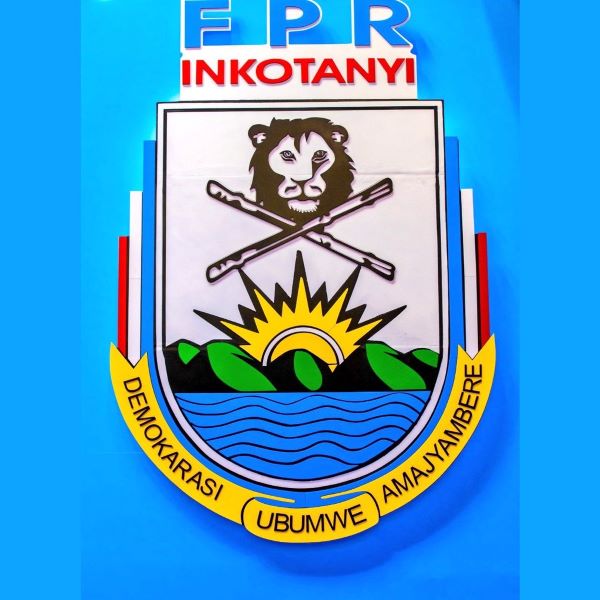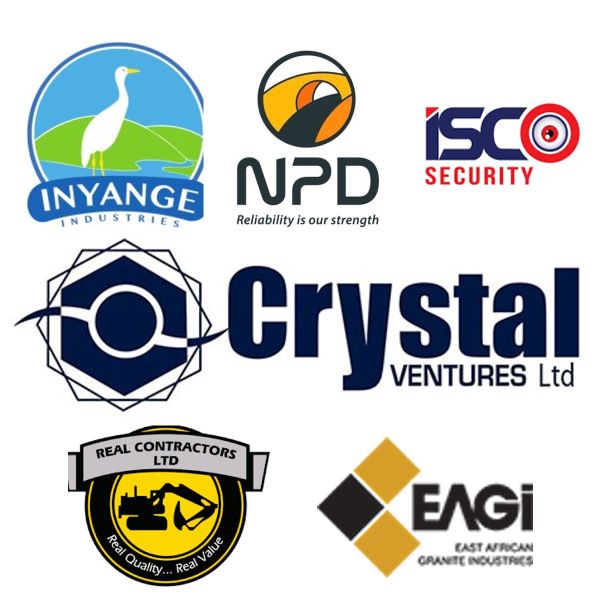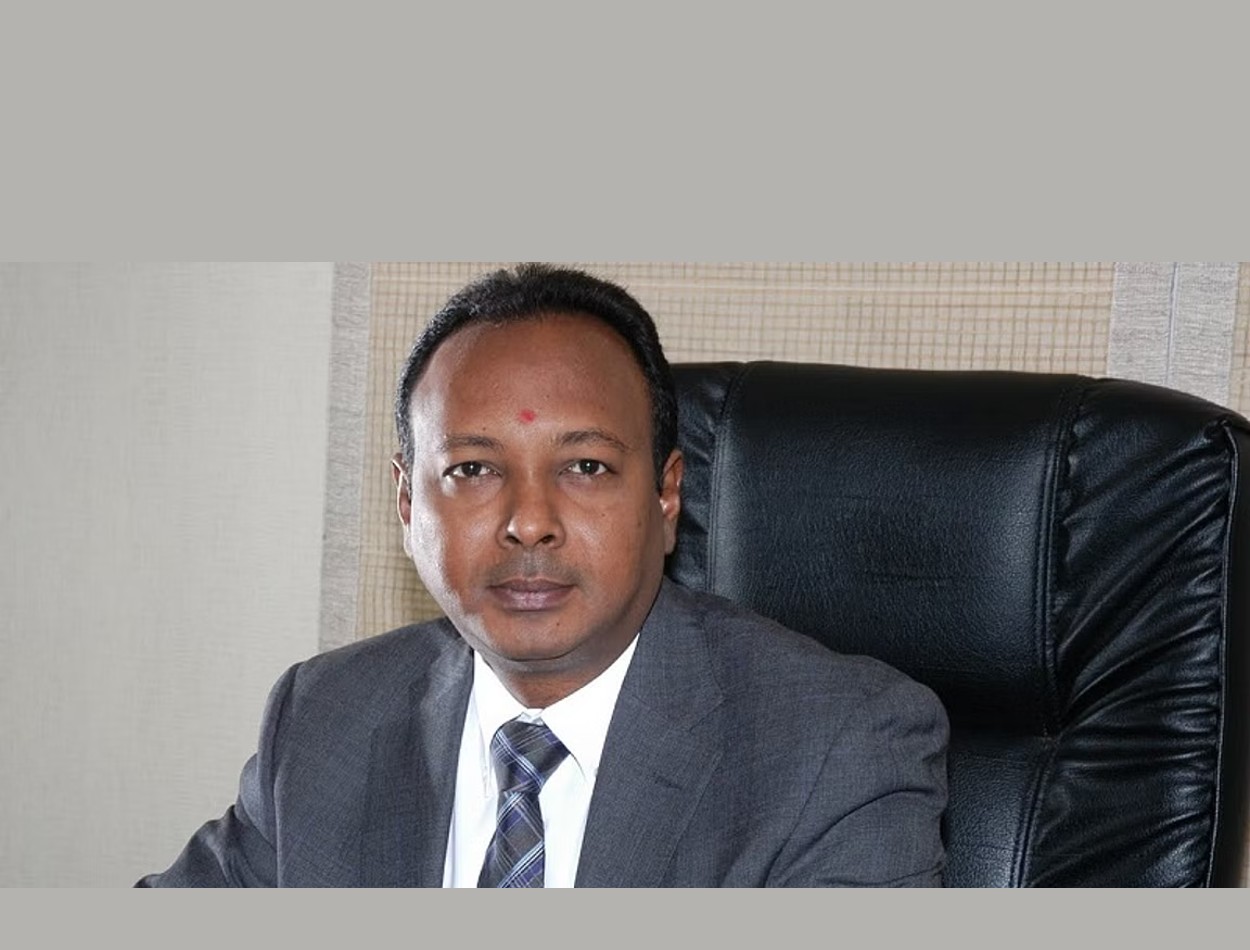Rwanda has been touted as the poster child of the “Africa rising” dream. From the ashes of the genocide that almost tore the country, to becoming a progressive country open for investments, the East African country has been credited for stamping out some of the ills that are plaguing most African countries such as corruption.
The World Bank’s ease of doing business ranking has consistently put Rwanda among the top three, which has helped it attract some foreign investments.
The Rwanda story has been challenged by some critics, questioning the country’s democratic credentials and even poking holes in the economic data.
As Rwanda battles for the growing foreign direct investments (FDI) that are flowing into African economies, the ruling party, the Rwandan Patriotic Front (RPF), has quietly built a $1 billion business behemoth.
Immediately after seizing power in 1994, the victorious RPF took charge of most of the sectors of the economy including tea and coffee farming, supplying of products including beer to bars and financing government operations.
From the ashes of the ethnic war, the ruling party led by Paul Kagame has built an empire that lives on, holding investments in everything from furniture to finance as reported by The Economist in 2017.
RPF’s holding company Crystal Ventures owns Rwanda’s largest milk processor, upmarket real estate, finest coffee shops, and stakes in major banks.
The quasi-private business venture also owns coffee shops in London, Boston, Washington, and New York.
The holding firm also has a stake in telecommunication firm MTN, which operates mobile and internet communication services in the tiny country.
Crystal Ventures has expanded into construction, bagging major government contracts for building roads and bridges. One of its subsidiaries, ISCO, is the only private security company whose guards are allowed to carry firearms.
ISCO and agro-processing firm Inyange, enjoy a near monopoly status in the country, bagging lucrative government tenders. They are shielded from public scrutiny, which casts doubt on whether the enterprises are profitable.
From the few documents available to the public, it is estimated that Cristal Ventures employs between 10,000 to 15,000 people, making it the largest private-sector employer and second to the government.
The business operations of the political party put it among the richest political outfits not only in Africa but globally. And as Rwanda will be going into elections in 2024, they are likely to draw some of the campaign funding from the company’s coffers.


The making of an empire
While Rwanda is not the only country in Africa where political parties can own business enterprises, RFPs have made some shrewd investments that put it at the top.
In Ethiopia and Zimbabwe, the ruling parties have similar quasi-private businesses with investments across different sectors.
RFP came to power at the end of the genocide in 1994. At the time, it was a rebel army led by Rwandese who were in exile including neighboring Uganda where Kagame supposedly honed his skills.
The party used the funds from members’ contributions to rebuild the country and run the government in a bid to increase its legitimacy. A bet that has clearly paid off.
At the start of building the sprawling conglomerate that Crystal Ventures is today, they initially focused on financing small businesses, trading, and taking control of the country’s struggling coffee sector.
The movement then shifted its focus to more strategic investments that have seen it become the second-largest employer after the State.
Crystal Ventures was formed in 1995, the same year it launched Inyange, which has become the largest producer of bottled water, juices and milk.
In 1998, the firm provided most of the capital for South Africa’s MTN to set up shop in Rwanda, which at the time was a very small market. It acquired 49 percent stake which it has since sold some, getting over $100m.
Controversies
The Financial Times reported in 2012 that the proceeds of the stake sale were used to buy two luxurious jets, which were then leased to President Kagame.
There have been plans by Crystal Ventures to list some of their business, but that has been gathering dust.
To the ruling party, the company is a bridge through which the company can bring in foreign investors who might not be very willing to put their money in the country, as was the case with MTN.
However, critics posit that the overlaps between the political and commercial interests impede democracy and that the operations are nothing but a financial war chest of an authoritarian regime.
Outside, United Nations (UN) experts have in the past accused Rwanda of using the company to plunder mineral resources in the troubled neighboring Democratic Republic of Congo (DRC).
Rwanda has dismissed the claims, even as hostilities between the two East African Community members mount.
Together with Horizon, a State firm controlled by the country’s Ministry of Defense, they enjoy unfettered access to government contracts, making it hard for other smaller players to compete.
However, the government has dismissed these claims, saying that there are some jobs that the two firms have lost to other companies, including foreign firms.
In 2015, there were reports that Crystal Ventures had sold Inyange to Kenya’s Brookside, owned by former President Uhuru Kenyatta’s family.
Though Brookside had in 2011 expressed interest in buying the company, numerous disclosures have revealed that the transaction never went through.





